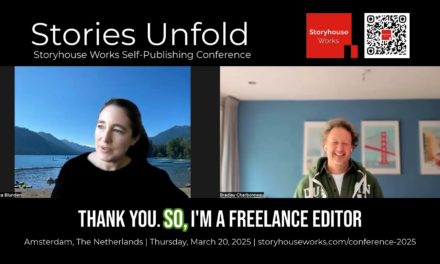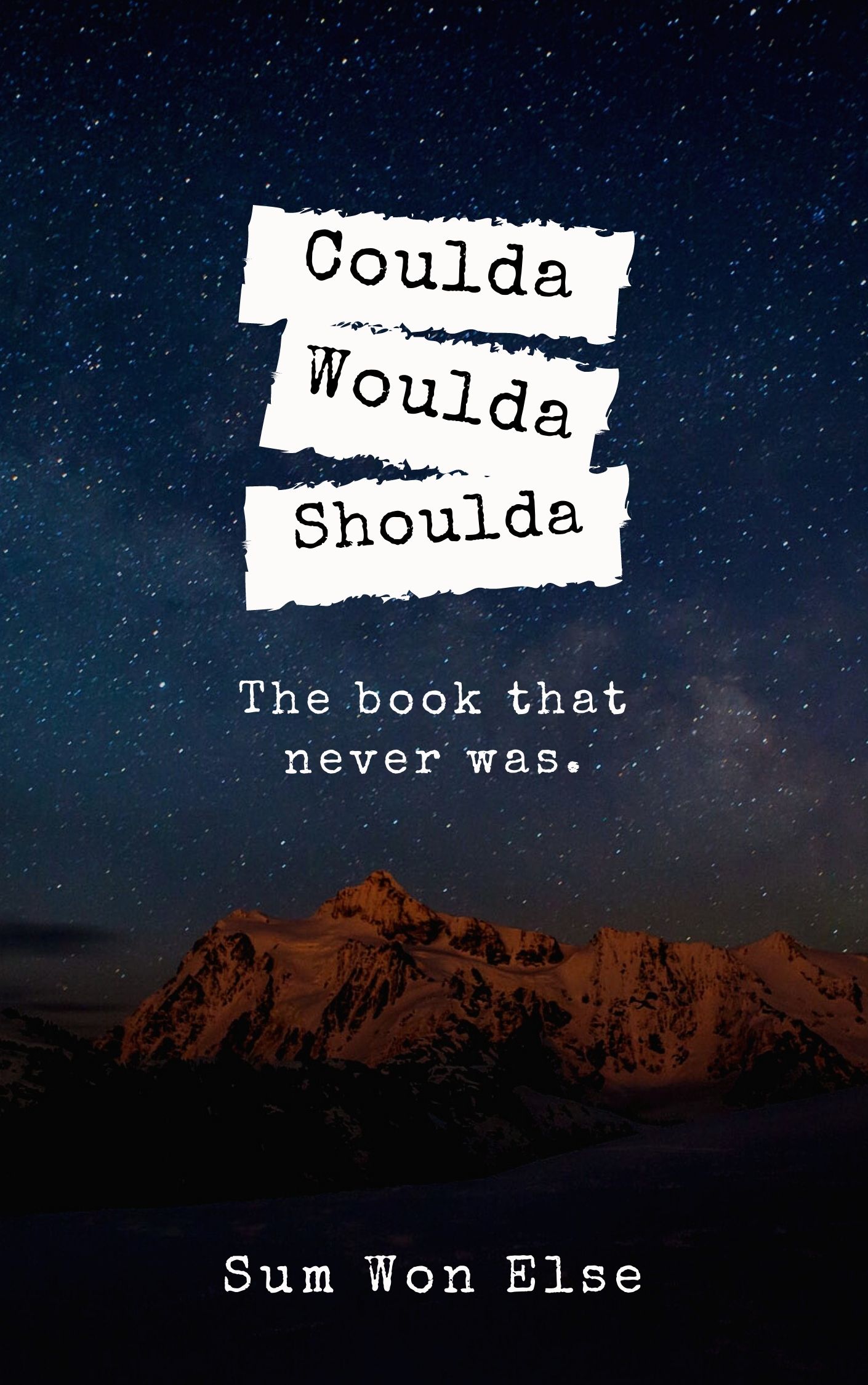
Make your characters fail

In cranking out my NaNoWriMo novel, I’m working in parallel on creating more tension and plot in the story.
With the help of Derek Murphy. The following is a follow-up from yesterday’s post (Let your characters drive your outline) and continues along the same thread from Derek’s post on the NaNoWriMo site, “NaNo Prep: How to Go From Plotless to Polished.”
We continue where we left off yesterday.
But how do you fill it all in? And what do you add when your plot events are sparse? You can make your characters’ problems harder.
You might have already plotted something like:
Desire → problem → overcome problem → introduce new problem
But that’s too easy.
You can extend the sequence by adding steps:
Desire → problem 1 → try to overcome problem 1, meet problem 2 → try to over come problem 2, meet problem 3 → try to overcome problem 3, meet problem 4…
That sequence can go on until they have too many problems and are overwhelmed. Eventually they succeed in one and go back through the sequence to solve the original problem.
Make your characters fail.
Characters shouldn’t succeed easily. You want them to fail, again and again. So have them discover new problems and setbacks at every turn. No matter what they want to do next, give them three big and insurmountable problems that get in their way. Don’t make them all accidental (the weather / a broken leg). Some of them should come from opposition, either the antagonist’s forces or the protagonist’s allies.
Create more paths.
You don’t just want a happy band of comrades agreeing with each other; your inner circle needs conflict, too. Each of your main characters should have their own desires, agendas, and problems to solve. They will have priorities that put them in direct conflict with your main character. Even if they’re friends or lovers, they will be forced into opposition based on their personal desires, and each will be fighting their own dragons to get what they want—leading to betrayal, jealousy, guilt, dishonesty and anger.
I recommend three main characters (protagonist + best friend + love interest), a teacher or voice of wisdom, a hidden antagonist directing mayhem from the shadows, and also a system of legal enforcers (who persecute the protagonist but think they’re acting for the good of society). The sides should not be clear cut, and everyone will have to wrestle with moral decisions, like when it’s OK to break the law or do something evil for the universal good.
I’m working through this as I realize that I, ahem, haven’t worked through this. I’m realizing I’m more of a Pantser than I even imagined and I have, ahem, no idea where my story is going. I just write and follow along from what I see in the IMAX theater of my imagination. Which is great fun and all, but waterskiing is fun too but you usually go in circles and you eventually have to stop even if you don’t fall down.
Let’s have a quick look at how Derek breaks it down even more simply:
Desire → problem → overcome problem → introduce new problem
To add Charlie into the recipe:
Yes, that. This is awful, but … I don’t know if I know Charlie’s desire. Wow, that’s going to make the rest of the story a little tougher to get through–and give the reader even less reason to read. Let’s see if I can tease it out.
Desire: to break free from his mundane existence.
He’s not even sure his existence is so mundane. But he does know there’s more out there. He just doesn’t quite know what.
Problem: maybe his mundane existence isn’t so bad. Does he really want to break free?
How much does he want to break free? Maybe life isn’t so bad after all. No, he does want to break free.
Overcome problem: maybe he can overcome the problem once, but does he want to keep overcoming it?
This isn’t going to just be a jog around the block or a once-in-a-lifetime marathon. If he’s going to “change,” if he’s going to embrace these new powers that he apparently has, he might have to change deeper within. Whew. Not sure if he’s up for that.
Introduce new problem: others depend on him. The “problem” (and solution) are larger than he is. He’s going to have to start thinking outside of just him.
It’s going to go beyond him to wake him up. Others depend on him to rise up so they can tag along. Also, there are dangers if he doesn’t rise up. People he knows and loves can get hurt.
Fail and Fail Often
Gee, where have I heard that before? Silicon Valley? Every Single Day book?
But Charlie doesn’t fail enough. He’s got it too easy. He needs more challenges. However, I think one of the hardest struggles in the Every Single Day mindset is creeping out of mediocrity. Or, as the chapter title tells it like it is: The Conundrum of Comfortable.
I’d like it that Charlie doesn’t have his hands crushed in a car accident (see Dr. Strange below) or might have his son abducted by aliens. I’d like it, somehow, to sound terribly dangerous that his life is going to disappear into the oblivion of the obvious. Ooh, I like that title. (Changing title of this post now … no, on second thought, that would be an excellent guest post. I’ll work on it.)
Ah, dear reader, a quick side note. I was stuck this morning. No, really stuck. To the point where I was looking up whether or not my friend should fly or train to London from Amsterdam on Tuesday and I was gathering up flights and train schedules instead of … seeing what Charlie Holiday is up to next.
Because the truth is: I don’t know what Charlie Holiday is up to next.
I’m learning more about plot and twists and hooks and Charlie has just plain got it too easy. He needs some more struggles. But again, I don’t want to make it too cliche.
That’s where writing as a discovery mechanism comes in. Had I not sat down, unwilling, to try to see what Charlie was going to come up with next, I would have been as far back as yesterday: when I still didn’t know what Charlie’s “problem” or “challenge” was. But now I see it (or at least one of his challenges) clearly: falling into the Oblivion of the Obvious.
Love it. Going to go with it until more challenges for Charlie arise.
Angela J. Ford suggested that my books might be like Marvel’s Dr. Strange. If I take the blurb from the movie’s Amazon page and adapt it to Charlie Holiday, let’s see what happens.
In Marvel Studios’ Doctor Strange, a world-famous neurosurgeon seeking a cure finds powerful magic in a mysterious place known as Kamar-Taj – the front line of a battle against unseen dark forces bent on destroying our reality.
That’s Dr. Strange. Here’s Dr. Holiday.
In Repossible Studios’ “Charlie Holiday,” a famous-in-his-own-mind accountant seeking a cure for the mediocre finds powerful magic in a mysterious place known as Hiss Meint – the front line of a battle against unseen dark forces bent on destroying our reality.
Wow, I didn’t even have to change that last bit. I’m a freaking genius.




























